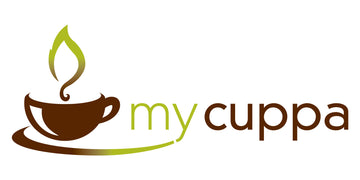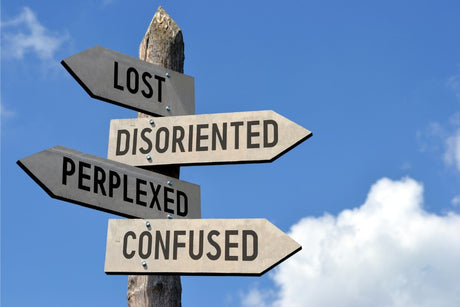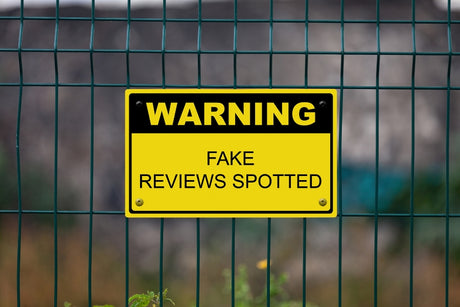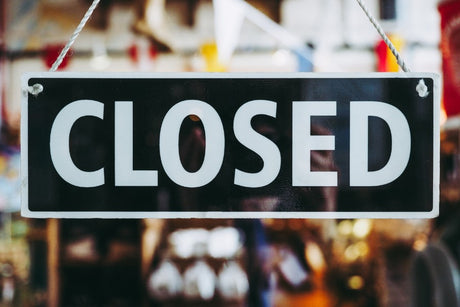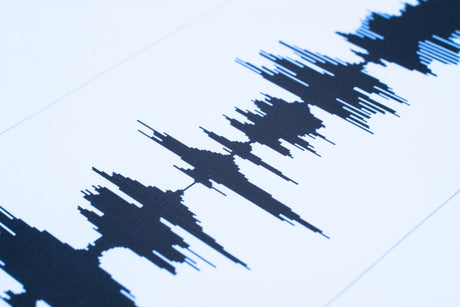Direct trade coffees are not a new or sneaky way to source raw coffee.
It is also not a method used to buy cheaper coffee that bypass local Australian-based raw coffee brokers.
Local coffee brokers are a vital and critical element in our supply chain.
Our approach to Direct Trade coffee beans involves paying the same or a higher price compared to the locally available stock.
A reason we may use Direct Trade sourcing will be to secure a specific quality so that is remains available for us for a longer period throughout a year.
When you purchase raw coffee through a local importer there is a very real chance that months later if you need more of that specific lot, they most certainly won't have it available for purchase.
It's a common problem in the sourcing side of raw coffees, you either buy the entire lot to cover the year, or take your chances to hope some is available later. More often than not, there will be none when you come back to buy again at a later time.
We can't possibly hold a year's worth of raw coffees for every origin we sell. It would require a space large than the MCG! along with millions in upfront pre-paid capital.
Instead, we source a small quantity of our raw coffee via Direct Trade so that we can establish a secure and reliable schedule of purchasing to ensure or guarantee specific coffee qualities match our expectations throughout the year.
The alternative involves playing the spot market where you buy coffees that are available now with full knowledge those spot coffees won't match your existing criteria.
The wine industry embraces diversity of each vintage but when it comes to roasted coffee many end-consumers have strict demands and expectations of consistency. At times, you simply cannot mess around with a coffee drinker's palate.
Despite forward contracting months ahead, it does not guarantee we receive coffee that matches our expectations or the promise set by the importer.
Similarly, if we like a particular lot and attempt to purchase more it's often not available.
In some cases a forward contract is a basic implement to arrange stock of similar or compatible grade by the local broker.
It does not always guarantee supply of a specific lot - the only way to do this is to buy up big warehouses full of green beans.
Brokers have their own drivers and strategies for sourcing and sometimes this is in conflict with the specialty roaster.
With the coffee market experiencing high price volatility, this may influence import brokers to act conservatively and arrange only small lots of certain bean types to brought into Australia.
For coffee roasters, it creates a headache as we can never fully understand the capacity of brokers or be able to transparently see what the brokers have forward ordered.
Bear in mind, coffee can take up to 12 weeks from order until it arrives - a painfully long duration for roasters.
To address complex green bean sourcing issues, we have undertaken an initiative to source a small portion of our premium green coffee from Direct Trade.
This enables us to have addition controls over the security of our green bean quality. It's expensive but also worthwhile when it comes to quality and consistency.
For other coffee roasters, Direct Trade can mean many different things and some brands heavily exaggerate their direct sourcing efforts in claiming something exclusive.
At mycuppa, we are not going to use any "smoke and mirrors" spin to convince you that Direct Trade is in any way superior to the normal way raw coffees are sourced from Australian-based import brokers/traders.
When a coffee brand makes claims they "travel the world to source the finest coffees" you can be sure they are full of shit. Importing raw coffees is a high risk activity - it's basically $200 - 400K in capital to buy a container of coffee - what happens when the ship carrying that container is stuck at sea for weeks longer, with the raw coffee sweating inside.
Most Australian coffee brands can't afford to buy a container of coffee. Not only do they not have the funds to pay for it upfront, they also can't store it in their warehouse.
